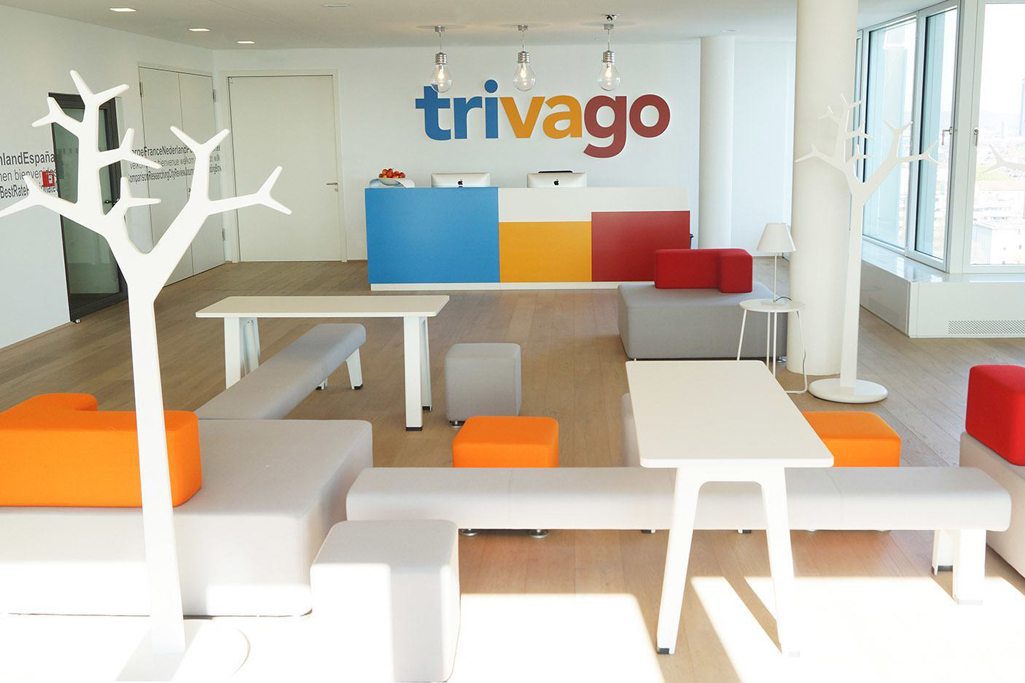Growth Juggernaut Trivago Sees Revenue Slump Coming as Biggest Customers Pull Back

Skift Take
Expedia’s fast-growing hotel search site Trivago may see its pace of growth stall as both Expedia and rival The Priceline Group have pulled back on spending per acquired customer. This is extraordinary given the fact that Trivago was one of Expedia's growth engines and there was seemingly no end in sight.
Talk about a bump in the road.
Last year, the Priceline Group and Expedia Inc. accounted for about 80 percent of hotel-search site Trivago's revenue. But this year those companies pulled back on their digital advertising with Trivago.
In the third quarter, Trivago's revenue increased to 17 percent year-over-year to $339 million (€287.9 million). Trivago's net loss for the third quarter was $10 million, compared with basically a break-even third quarter of 2016.
On a call with investors Wednesday, Trivago executives said they were treating the reduced spending per qualified customer acquired by its two largest advertisers "as a given" through 2018. They said it was too early to project total company revenue growth in the first half of 2018. But they said it is possible that growth may be flat or possibly negative, as year-over-year comparisons.
"It will be challenging to show positive growth," said managing director and chief executive officer Rolf Schrömgens when speaking w

